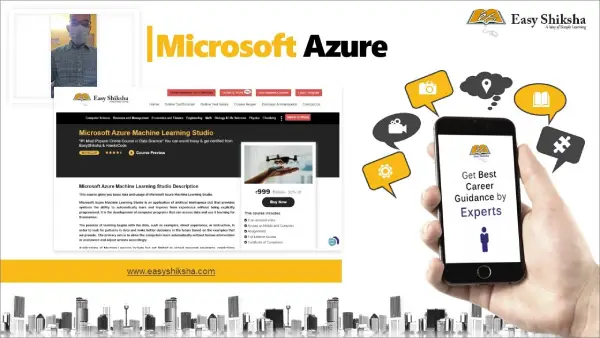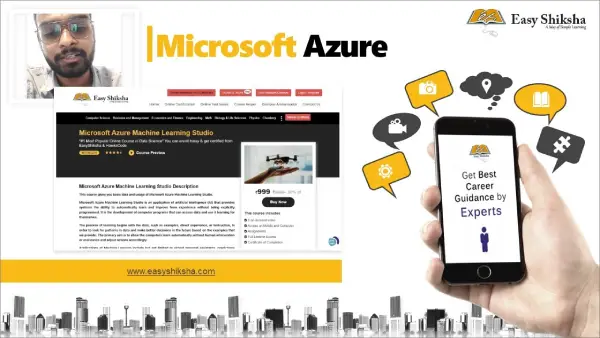This online course teaches the key concepts of algebra. Take this algebra course to improve your skills and boost your performance. Get a strong foundation in algebra or brush up on important problem solving skills.
Algebra is an area of mathematics that uses symbols to represent numbers in formulas and equations. Understanding these symbols and how they work together and provide structure to equations allows mathematicians to more efficiently write formulas and solve math problems. Algebra is divided into two parts: elementary algebra and abstract algebra. Elementary algebra consists of the basic algebra symbols and equations taught in primary school. Abstract algebra, or modern algebra, includes the study of algebraic structures such as vector spaces and groups.
Algebra is essential for both high school and college math curriculums and this will serve as a pre-algebra course. Working through these algebra problems will get you well-prepared for further math study.
Learn how to apply algebra to a wide range of real-world problems and study critical algebraic concepts like functions, domains and ranges.
Algebra is a skill that is applicable in many types of fields and professions in today’s economy when you solve equations. You may be surprised by the number of jobs and occupations that require a working knowledge of algebra to complete day to day requirements. Below are a few examples of professions that require algebra skills and what could be common tasks.
Algebra is a practical skill to have for many different professionals in their line for work.
The history of algebra has had many famous and significant minds throughout time. The advancement and expansion of algebraic methods and equation solving techniques have continued to evolve the field of algebra over the years. The beauty of algebra is that it bypasses language barriers between English, Spanish, French, and many other scholars around the world. Some of the most noticeable algebra discover members include Niccolò Fontana Tartaglia, Joseph-Louis Lagrange, Évariste Galois, Arthur Cayley, and Carl Friedrich Gauss.
Topics covered in this course
Operations and Equations
Functions and manipulating functions
Inequalities and graphing inequalities
Graphing points, lines, parabolas, and circles
Systems of two equations and systems of three equations
Polynomials and factoring
Exponents and radicals
Ratio and proportion, complex fractions, and rational expressions
Imaginary numbers
Exponential and logarithmic functions




























































